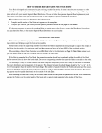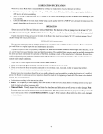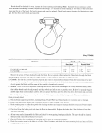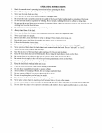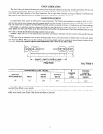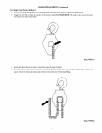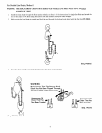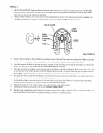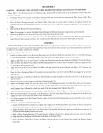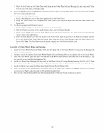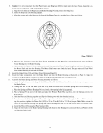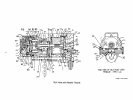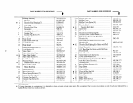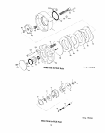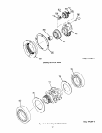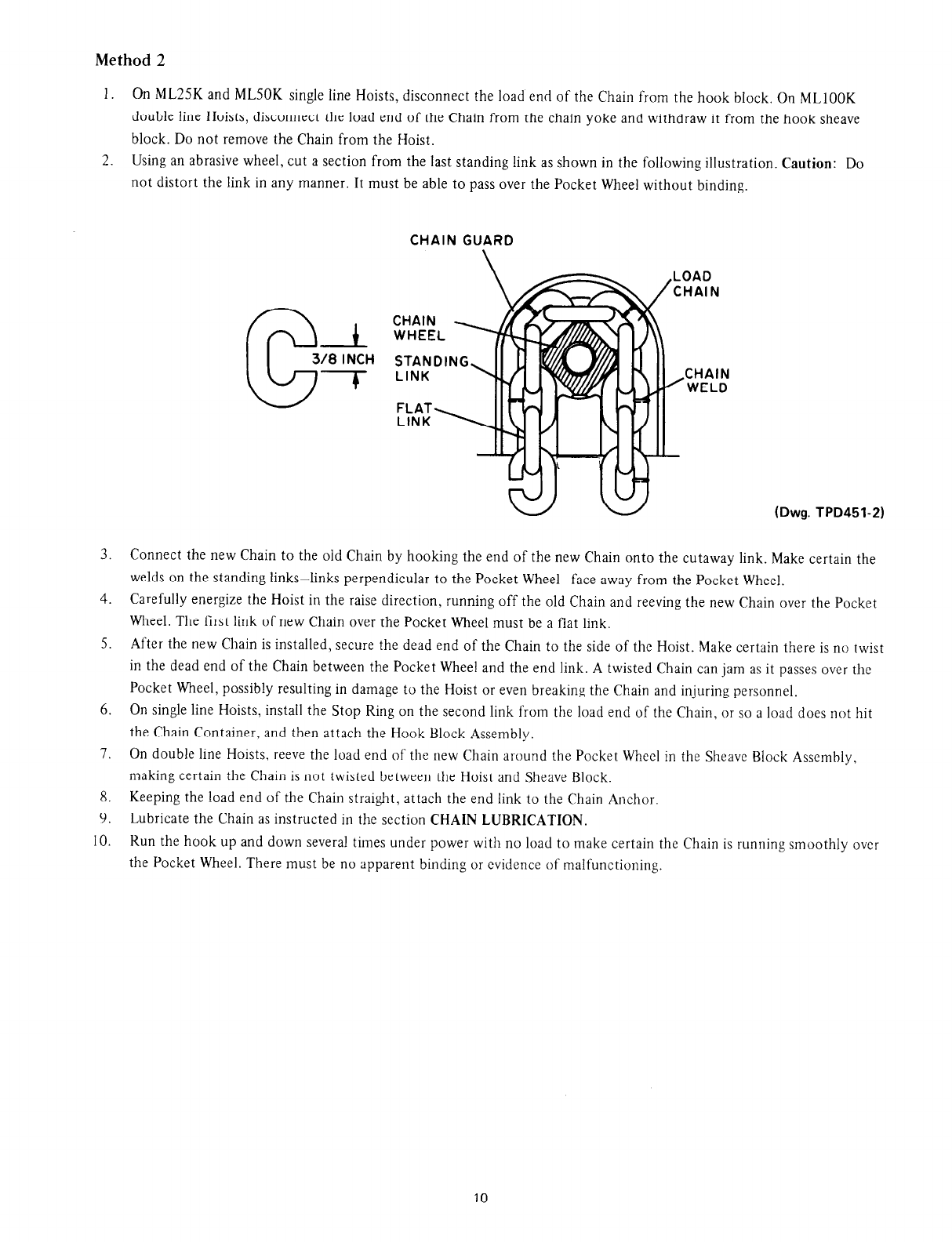
Method 2
1.
2.
3.
4.
5.
6.
7.
8.
9.
10.
On ML25K and MLS0K single line Hoists, disconnect the load end of the Chain from the hook block. On ML100K
double line Hoists, disconnect the load end of the Chain from the chain yoke and withdraw it from the hook sheave
block. Do not remove the Chain from the Hoist.
Using an abrasive wheel, cut a section from the last standing link as shown in the following illustration. Caution: Do
not distort the link in any manner. It must be able to pass over the Pocket Wheel without binding.
CHAIN GUARD
(Dwg. TPD451-2)
Connect the new Chain to the old Chain by hooking the end of the new Chain onto the cutaway link. Make certain the
welds on the standing links-links perpendicular to the Pocket Wheel-face away from the Pocket Wheel.
Carefully energize the Hoist in the raise direction, running off the old Chain and reeving the new Chain over the Pocket
Wheel. The first link of new Chain over the Pocket Wheel must be a flat link.
After the new Chain is installed, secure the dead end of the Chain to the side of the Hoist. Make certain there is no twist
in the dead end of the Chain between the Pocket Wheel and the end link. A twisted Chain can jam as it passes over the
Pocket Wheel, possibly resulting in damage to the Hoist or even breaking the Chain and injuring personnel.
On single line Hoists, install the Stop Ring on the second link from the load end of the Chain, or so a load does not hit
the Chain Container, and then attach the Hook Block Assembly.
On double line Hoists, reeve the load end of the new Chain around the Pocket Wheel in the Sheave Block Assembly,
making certain the Chain is not twisted between the Hoist and Sheave Block.
Keeping the load end of the Chain straight, attach the end link to the Chain Anchor.
Lubricate the Chain as instructed in the section CHAIN LUBRICATION.
Run the hook up and down several times under power with no load to make certain the Chain is running smoothly over
the Pocket Wheel. There must be no apparent binding or evidence of malfunctioning.
I0




